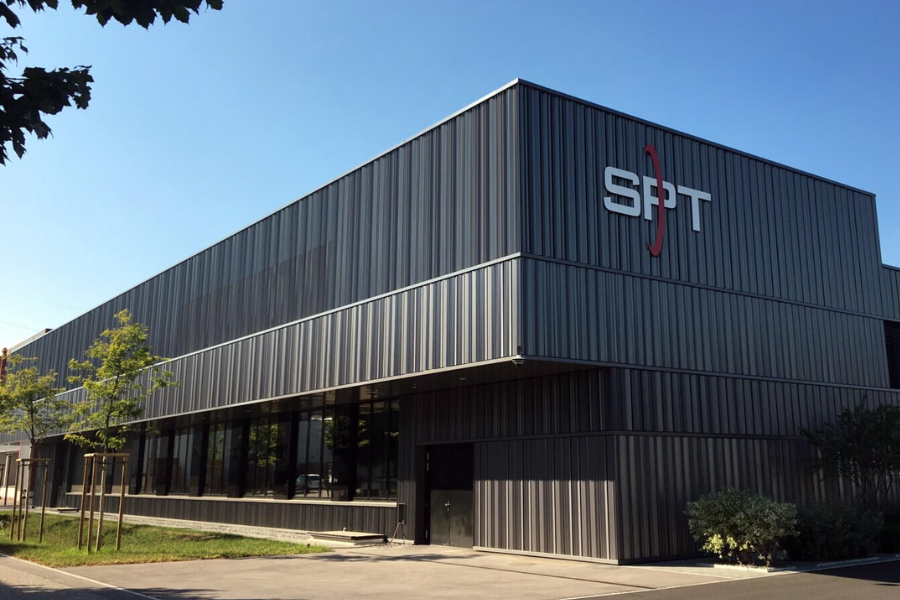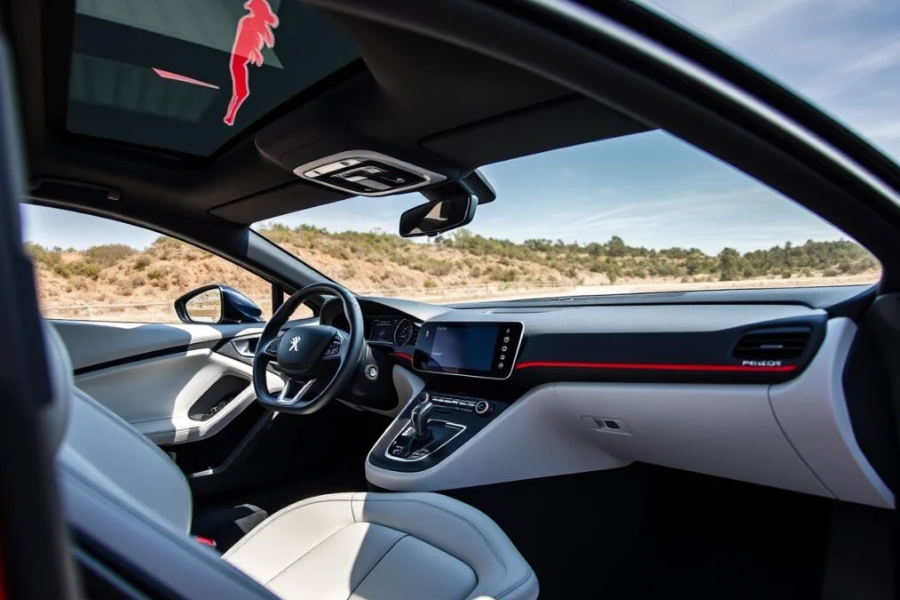Autonomous vehicles have the potential to change mobility in ways we can not imagine. The technologies needed to make self-driving cars represent moonshots for Artificial Intelligence (AI) and Machine Learning (ML), and the impact of these advances are sure to be felt across the economy.
In some ways, this is like the technological dividend companies, and consumers realized following the space race as the government-financed billions in advancements to make sending a man to the moon a reality.
How can we quantify the impact of self-driving cars on the economy? The simple answer is that maybe we cannot – at least at this point. But that does not mean that economists, analysts, and policymakers are not trying to do just that.
According to Senator Gary Peters (D-Michigan), “as it’s been described to me, from folks in Silicon Valley and others, when AVs can pilot through a city like Washington, D.C., using AI, that means AI is ready for prime time in every single industry in America. It will change everything in this country.”
The Senator is a leading proponent of the AV Start Act, a bill that could help to accelerate the development and deployment of the underlying technologies needed to make self-driving cars a reality, and from his perspective, Congress is late the game.
While the lack of legislation in this area is not exactly a bad thing, it does mean that hurdles remain to make autonomous vehicles the primary mode of ground transportation in the U.S.
This includes questions over how insurance companies will underwrite policies for self-driving cars and even matters concerning ownership. Also, if you own a self-driving vehicle, you do not control it and, as such, the creators of the algorithm, which helps the car to navigate might retain some level of ownership.
Add to this the complexities of car-sharing services and their impact on private vehicle ownership, and the auto companies are already starting to prepare for a world where not everyone (seemingly) will own a car.
However, the biggest draw of autonomous vehicles could be productivity gains. If you do not need to drive your car, then you will be freed up for other tasks. While this could further blur the lines between personal time and work time, it could radically change what it means to commute.
Also, the impacts on logistics networks could be tremendous. Not only would vehicles be able to operate nearly 24-hours a day, but merging this technology with machine learning could help distribution companies to improve forecast accuracy and route planning. This could result in billions in savings.
For cities and states, the technology could also lead to a massive rethink of their road networks and other infrastructure needed to facilitate our car-centric way of living.
For example, fewer cars on the road could mean that less is needed for road maintenance. Another benefit would be that expensive land in city centers currently used for parking could be repurposed to provide low-cost housing or public spaces.
While increasing public spaces sounds appealing, it also raises questions of what impact the advent of autonomous vehicles will have on the property taxes that most cities rely on to finance their budgets.
Beyond this, there are also questions about what changes in car ownership will do to dealerships and insurance companies. For the former, a dramatic drop in private car ownership, coupled with the fact that people are keeping their cars longer, could lead to the failure of thousands of businesses across the country.
While insurance companies are probably better positioned to survive as they can offer fleet insurance and other policies to protect automakers from liability and could offer some sort of fractional coverage for riders, also, the fact that people are holding on to their cars for longer could read to an increase in extended warranty products.
These are insurance policies that cover the cost of major repairs in late-model vehicles. If you have never heard about these products before, then you might want to check out this step-by-step article.
Back to the economy, it is inevitable that the mass adoption of autonomous vehicles will lead to disruption in multiple sectors. As Andrew Yang discussed during the Democratic Presidential Debates, a reduction in truck drivers would have a direct impact on the service industries that cater to service long-haul truckers.
However, in the wake of the disruption, it is also inevitable that new jobs and industries, will spring up. The only question how long this will take and whether the workers displaced by self-driving cars will have the skills needed to find employment in the future.





